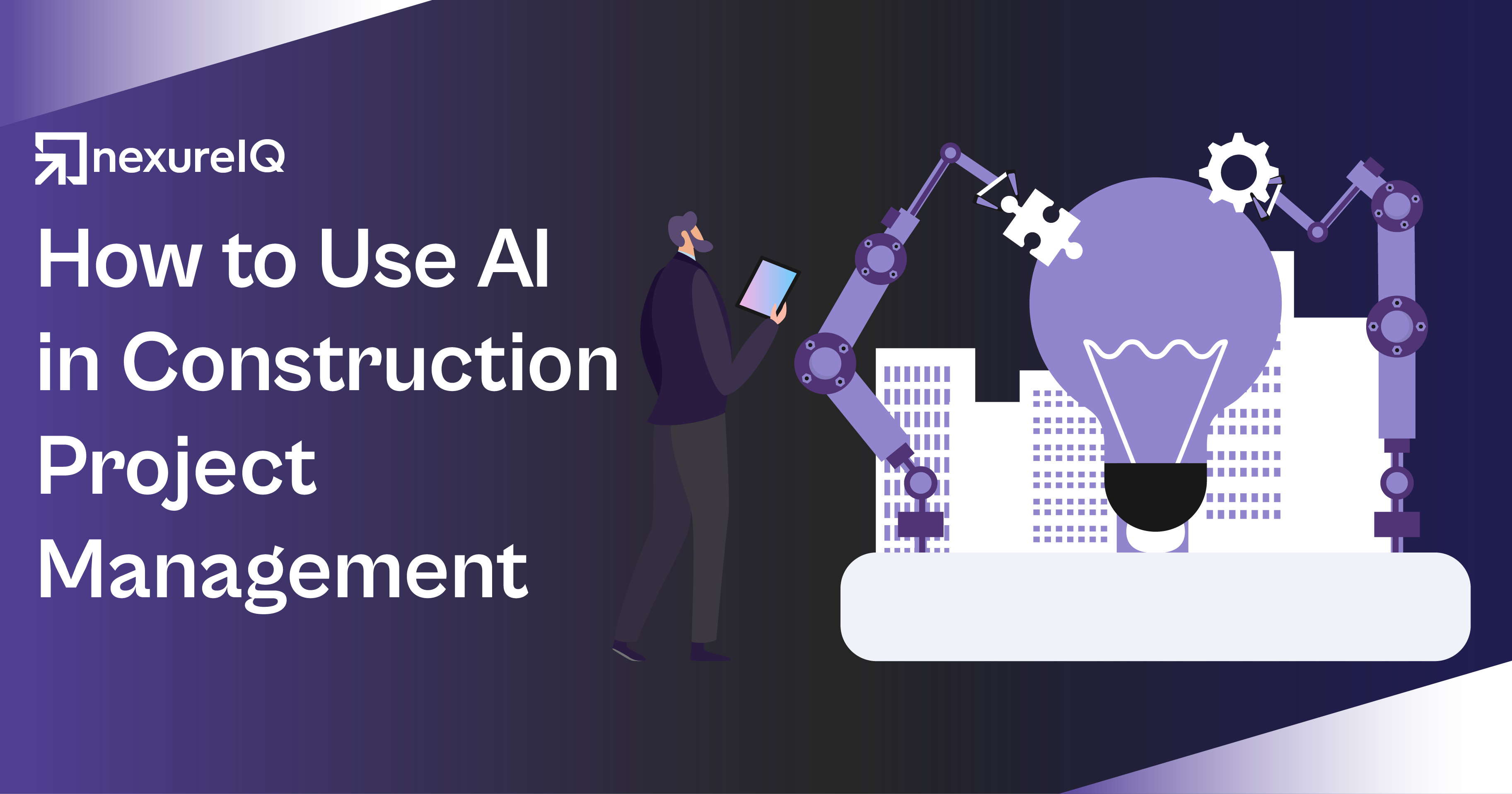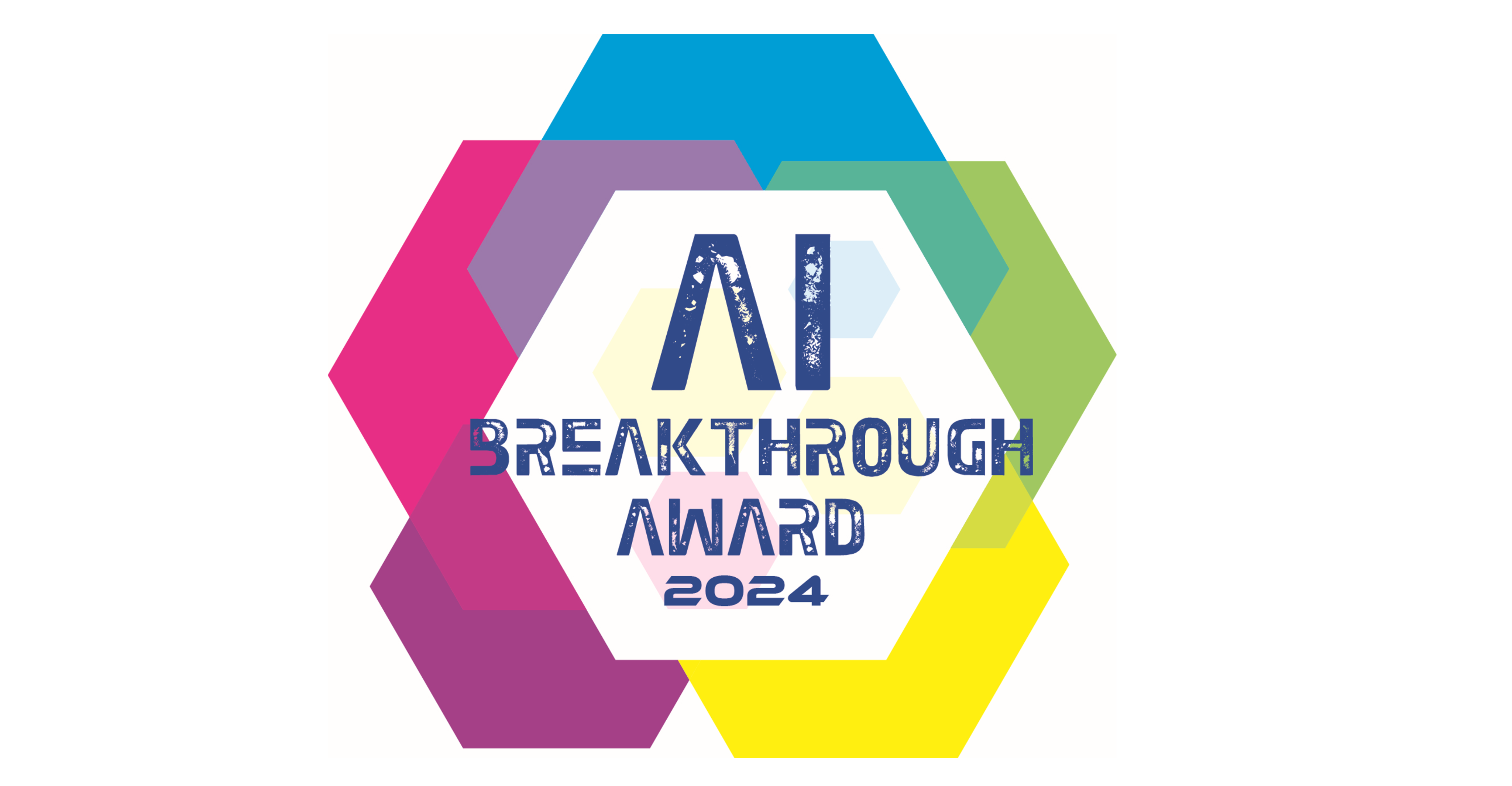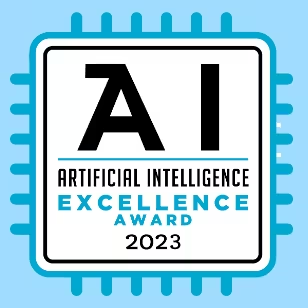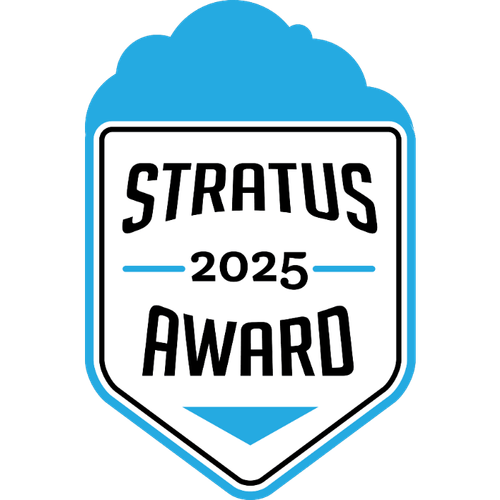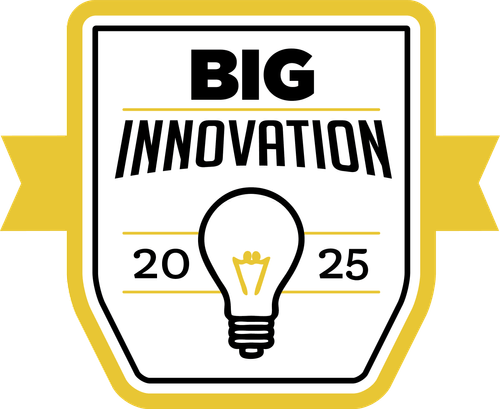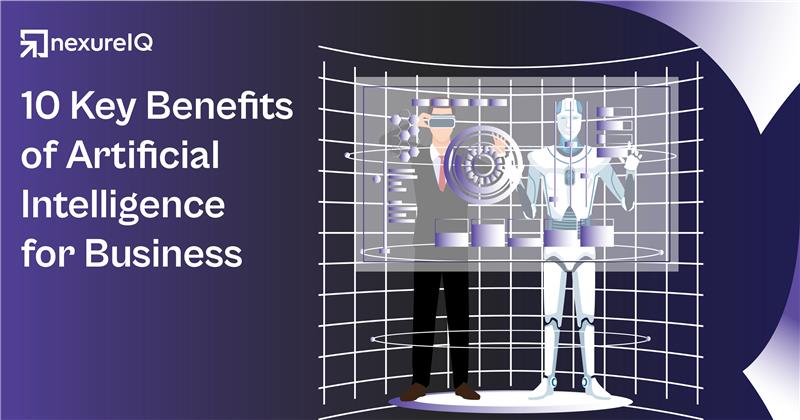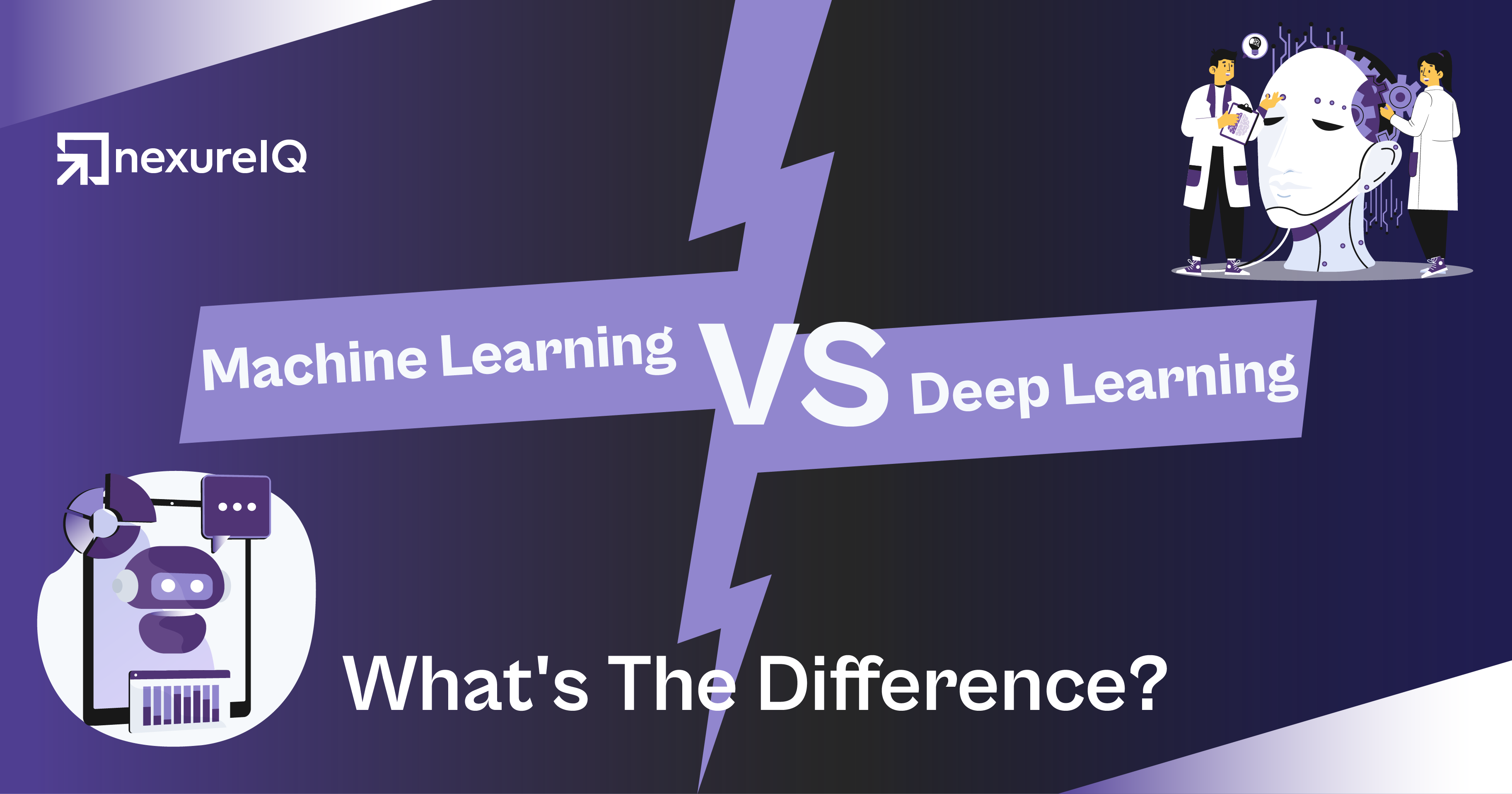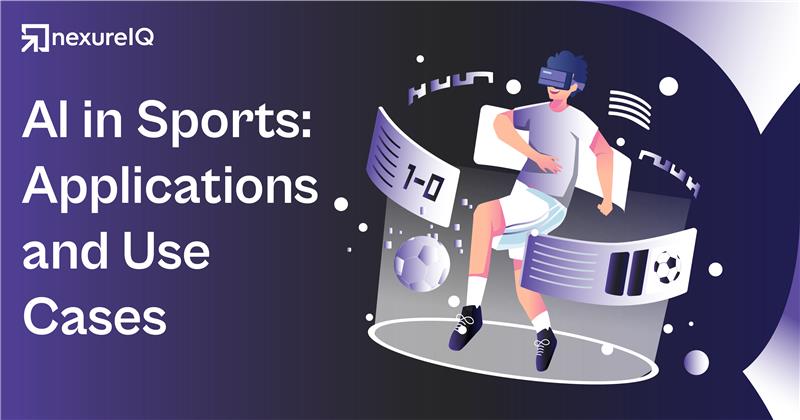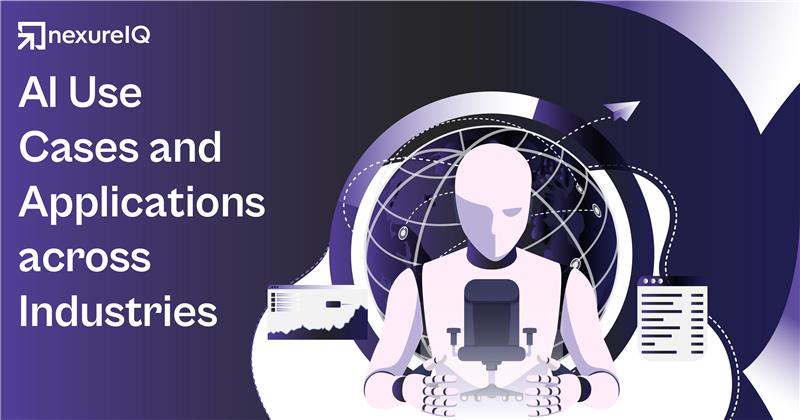The construction industry is going through important transformation currently with ongoing artificial intelligence (AI) technological developments. Construction industry usually avoided technological developments but today it’s accepting artificial intelligence to boost performance. AI in construction makes sure to provide safer operations and less expenses. Project planning and execution have significant changes with AI development services which include automated management tools and predictive maintenance systems.
The Chinese company Broad Group assembled this 10-story home in only 28 hours through their AI in construction management building approach. The combination of predictive analytics, AI development company has robotics and automation systems which enable this otherwise it would have been impossible in the past.
AI in construction industry is reshaping everything; from project planning and cost estimation to on-site safety and quality control. Using AI development services allows organizations to examine datasets, estimate future risks and automated labor processes to schedule projects efficiently and minimize delays. McKinsey found that AI in construction increases productivity by 50-60% so they classify this as one of the most significant.
Companies that integrate AI in construction management gain a major competitive advantage. AI in construction allows live project tracking, predictive maintenance for machines which deliver faster projects at low costs while guaranteeing safety.
In this blog, we will explore how to use AI in construction, its real-world benefits, and practical applications. Whether you are a construction business owner, project manager, or an AI enthusiast, this guide will help you understand how AI in construction project management is shaping the future. Let’s dive in!
What is AI in Construction?
Artificial Intelligence brings changes in worldwide industries and includes construction among its application targets. AI in construction refers to the application of advanced machine learning algorithms, automation, robotics, and data analytics to improve all aspects of the construction process. Construction sites experience increased efficiency and reduced costs and improved safety through AI development services to support all stages from planning to design, execution and maintenance.
In Industries with AI in construction, AI development company use tools to easily manage projects, optimize scheduling, and minimize risks. Companies use AI development services to examine project data enabling prediction of delays, budget overruns and safety risks. This happens so that managers can make their decisions on strong datasets. McKinsey’s report shows how AI development company effectively reduces construction projects from exceeding budgets by 15% which results in transformation of project management measures.
One of the most impactful applications of AI in construction management is the use of generative design. AI in construction industry produces various design choices made by architects and engineers. Real-time BIM design conflict detection becomes possible through AI in construction before it even starts.
Moreover, AI in construction project management extends to automation and robotics. The site’s inspection with automated drones excludes human labor while achieving better precision levels. Self-operating bulldozers and excavators equipped with AI technology perform complex tasks independently which leads to improved productivity along with safety improvements.
To stay in the market, partnering with an AI development company can help implement AI development services customized to their needs. AI in construction industry is set to reshape the construction industry for years to come. It performs with AI chatbot development company services for better communication and generative AI development services for design optimization.
Artificial Intelligence, Machine Learning, and Deep Learning
Artificial Intelligence, Machine Learning, and Deep Learning are often used in each other’s place, but they have distinct roles in AI in construction. Understanding these differences is crucial for using their potential in the AI in construction industry.
Artificial Intelligence (AI) in Construction:
AI in construction development works as a software that functions like human intelligence. With AI in construction management, it automates repetitive tasks, optimizes project planning, and improves decision-making. The analysis of large datasets by Al development company delivers two capabilities: first it can predict project delays and optimize labor allocation strategies. AI in construction has robots with drones which perform site inspection duties and safety monitoring roles. It leads to minimizing human errors and delivering higher operational efficiency.
Machine Learning (ML) in Construction:
Machine Learning is the subset of AI development company which allows machines to understand data by autonomous learning. In AI in construction project management, ML algorithms analyze past projects to forecast costs, identify potential risks, and improve scheduling. By analyzing construction delays through ML models, managers get the ability to make data driven decisions. Through predictive maintenance, Machine language enables sensors to analyze equipment data and enables them to predict equipment breakdowns before they occur.
Deep Learning (DL) in Construction:
Artificial neural networks in Deep Learning operate as an advanced ML technology designed to handle substantial processing requirements from complex information. People usually wonder how to use AI in construction because of their complex tasks and duties. Deep Learning is particularly useful in computer vision applications such as object detection, safety monitoring, and quality control. On time website analysis through DL cameras enables them to spot safety infractions which alerts project managers.
Companies investing in AI development services can use these technologies for enhanced efficiency. AI, ML, and DL are shaping the future of construction with AI chatbot development company solutions.
AI in preconstruction project stages:
Any construction project depends heavily on the preconstruction stage as its initial development step. This stage comprises planning, budgeting, designing work and risk assessment and resource allocation activities. Errors made at this stage will result in time delays, budget issues and inefficiencies. AI in construction is transforming this phase by better accuracy, efficiency, and decision-making. AI development company enables construction businesses to improve design operations, assessing project risks and boosting total feasibility evaluation during development.
1. AI development company in Design and Planning
One of the most significant applications of AI in construction industry is architectural and structural design. Generative AI development services allow engineers and architects to generate multiple designs based on project constraints such as budget, materials, and sustainability goals. AI development company has Building Information Modeling (BIM) tools to analyze construction related conflicts which helps prevent time and money waste before actual building starts.
2. AI in Cost Estimation
Costing is important for achieving project success in every stage. Computer systems based on AI, use previous project data, market labor expenses, material costs and structure parameters to create exact cost forecasting models. AI in construction project management helps contractors avoid budget overruns by offering immediate cost forecasting.
3. AI in Risk Assessment
Preconstruction gets benefit from effective risk assessment as it is an important component to consider. By examining data from previous projects AI systems detect three critical risk categories. It includes safety hazards, budget issues and legal compliance issues. AI in construction management makes sure project managers can take preventive measures before risks.
4. AI in Site Selection and Feasibility Analysis
A project demands an appropriate site selection that serves as the foundation for its ultimate success. The assessment performed by AI considers environmental factors and accessibility as well as existing zone regulations and soil quality to select locations.
5. AI in Scheduling and Resource Allocation
Timely scheduling operations remain essential as delays can be prevented through proper scheduling. AI in construction project management uses data to predict timelines and optimize labor and material allocation. AI systems activate schedule adjustments with the use of current site situations.
6. AI in Regulatory Compliance and Permitting
This process with regulatory standards deals with challenging characteristics. The automated document checking and building code abide by testing performed by AI software leads to reduced approval delays.
Benefits of AI in Construction
The AI in construction is changing the industry, offering solutions to challenges such as inefficiencies, cost, labor shortages, and safety risks. The implementation of AI technologies throughout project execution increases operational performance while reducing expenses and strengthens project results. Here are some of the key benefits of integrating AI in construction industry operations.
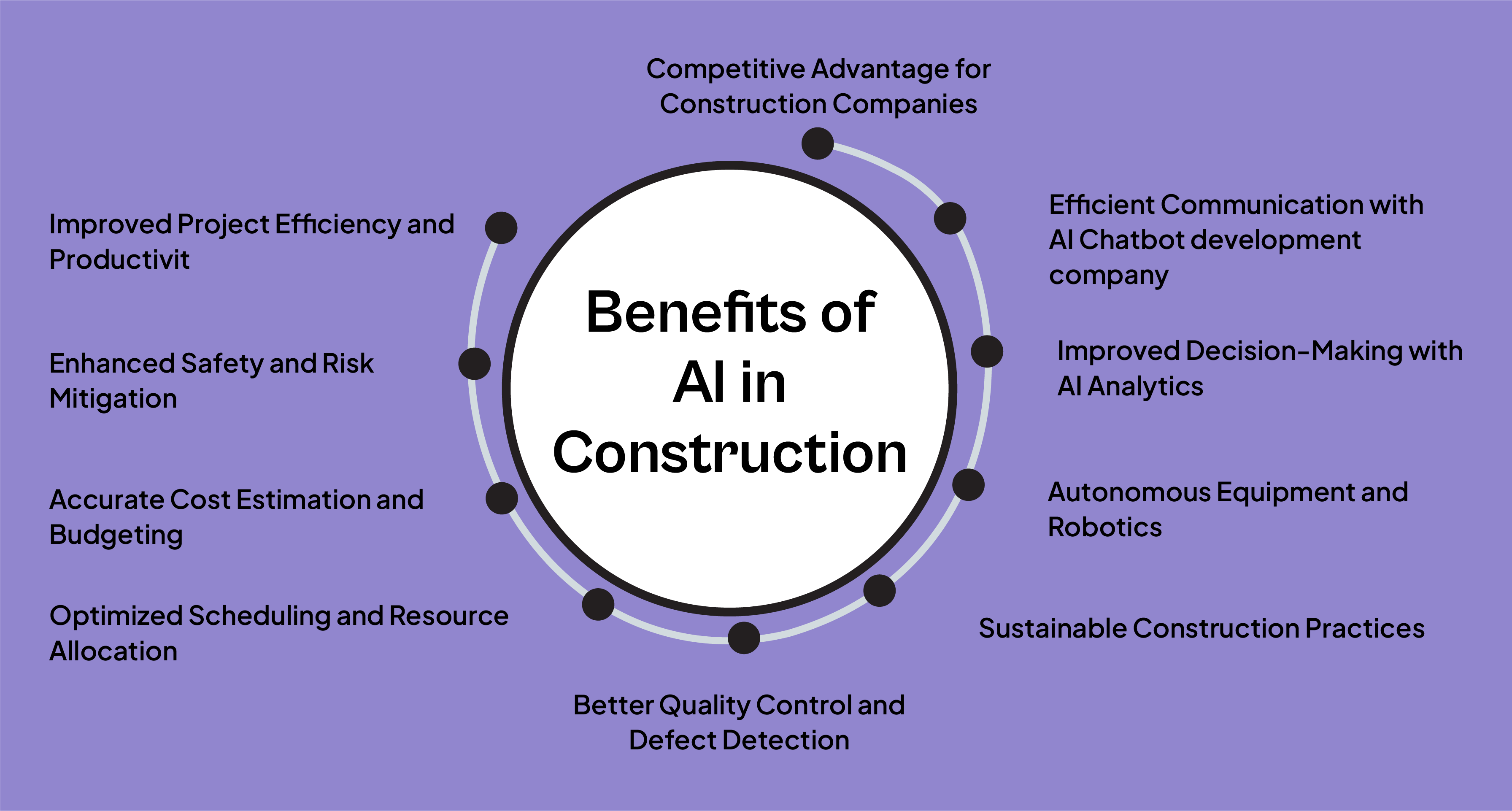
1. Improved Project Efficiency and Productivity
The construction industry experiences inefficiencies because of poor planning methods, communication problems and outdated manual procedures. AI in construction management makes project workflows easy by automating repetitive tasks, optimizing resource allocation, and improving scheduling. The analysis of massive data with AI software enables project managers to make smart choices.
2. Enhanced Safety and Risk Mitigation
Safety needs highest priority in construction projects since they experience frequent injuries and accidents. The combination of tools with AI technology along with predictive analytics systems developers can spot risks that could result in accidents in advance. AI in construction project management uses computer vision to monitor job sites, detect unsafe behaviors, and send instant alerts to supervisors.
3. Accurate Cost Estimation and Budgeting
Construction projects tend to experience excessive budget issues as one of their main problems. AI based cost forecasting instruments use previous project information and worker expenses, material expenditures to generate precise budget prediction data.
4. Optimized Scheduling and Resource Allocation
Project delays can be costly. AI in construction project management improves scheduling by analyzing previous project data, labor availability, weather conditions, and supply chain dynamics. AI has the ability to predict shortages of raw materials by recommending alternative supply sources.
5. Better Quality Control and Defect Detection
Quality control measures are the key to avoid future building structural problems. Modern AI vision technology performs real-time inspection of work for defects and it analyzes material quality while detecting construction errors. AI in construction industry focuses on quality control, reducing human errors and increasing building longevity.
6. Sustainable Construction Practices
With growing concerns about environmental impact, AI in construction is playing a crucial role in sustainability. AI systems use materials efficiently while cutting down waste and improving power. For building design professionals can use AI simulation programs to create buildings which have low energy consumption and lower impact on the environment.
7. Autonomous Equipment and Robotics
The combination of AI robotics and autonomous machinery improves construction site efficiency by eliminating tasks that may pose risks to humans. AI in construction management is enabling self-operating bulldozers, concrete-laying robots, and drones for site inspections.
8. Improved Decision-Making with AI Analytics
To succeed in modern construction companies businesses need to base their choices on data. The real-time data gained from analytical systems driven by AI technology allows stakeholders to take well-informed decisions about project developments. Project bottlenecks become predictable through AI processing which enables the system to generate necessary corrective measures.
9. Efficient Communication with AI Chatbot development company
Project delays along with development misunderstandings occur frequently when communication remains unclear. AI chatbots powered by AI chatbot development company solutions streamline communication between project teams, clients, and suppliers. Project-related queries get immediate bot responses through these automated systems which result in improved cooperative work.
10. Competitive Advantage for Construction Companies
Firms that use AI development services gain a competitive edge in the market. The implementation of Artificial Intelligence provides construction enterprises with efficiency improvements. AI decreasing their project related dangers to enable timely project completion on budget.
15 Examples of How to use AI Construction
The use of AI in construction is rapidly transforming the industry by automating processes, improving safety, enhancing efficiency, and reducing costs. The performance of construction companies improves due to AI based solutions that support activities from planning, execution to maintenance procedures. Below are 15 real-world examples of how to use AI in construction business to optimize operations and boost productivity.
- AI in Construction Project Planning and Design
Generative AI development services allow engineers and architects to create multiple designs based on specific project constraints such as cost, materials, and sustainability. Building Information Modeling tools powered by AI help identify conflicts in design and boost construction planning quality before any brick is used in the project.
- AI in Cost Estimation and Budgeting
AI analysis of multiple historical datasets and constructive expenses and material expenses leads to precise project cost calculations. Contractors benefit from this capability because they avoid going over budget and gain better control of expenses.
- AI-Powered Risk Assessment
By combining project previous data with on-site physical conditions AI systems identify upcoming dangers including construction time slips and machinery malfunctions and workplace risks before they emerge. The detection of potential risks by construction managers enables them to implement preventive measures which decrease essential financial losses.
- AI in Predictive Maintenance
Construction equipment sensors operate with AI capabilities to track machine degradation which highlights developing failure indicators. The system enables organizations to arrange maintenance tasks ahead of equipment failure thus both extending operational periods and minimizing maintenance expenses.
- AI Autonomous Construction Equipment
Self-operating bulldozers, excavators, and other heavy machinery use AI in construction industry to perform tasks without human intervention, improving efficiency and safety.
- AI-Powered Site Monitoring with Drones
AI-powered drone cameras offer construction sites continuous aerial monitoring through which teams can detect safety threats while monitoring project development and reinforcing site security measures.
- AI in Scheduling and Resource Allocation
Data analysis through AI algorithms delivers project optimization through schedule predictions for delay management while distributing available resources efficiently.
- AI in Labor Management
Through AI monitoring organizations can check employee work efficiency and automatically assign tasks to workers based on their skills and work experience along with availability timing. The analytics system that AI operates provides efficient performance measurements for teams which protects against workforce reduction issues.
- AI-Powered Safety Monitoring
Real-time alerts from AI-powered cameras and sensors notify managers about dangerous site actions which prevents accidents from happening.
- AI in Material Tracking and Inventory Management
Using AI-powered inventory management systems enables material tracking along with optimized ordering schedules to decrease waste along with expenses.
- AI for Smart Construction Site Security
Security gets enhanced through facial recognition and object detection technologies which AI-powered surveillance systems implement for unauthorized access prevention.
- AI in Generative Design
AI generative design tools enable architects to create various design options from which they can choose the most efficient and cost-effective plan.
- AI-Powered Chatbots for Communication
AI-based chatbots enable construction teams to obtain answers to their questions while scheduling appointments and delivering real-time project update information.
- AI in Sustainable Construction
AI systems help improve the selection of sustainable materials and energy-efficient designs which produce building constructions that reduce environmental harm effectively.
- AI in Digital Twins for Construction Projects
Construction AI systems build digital twinned versions of projects which enable instant monitoring and data examination.
AI Construction Tools
The integration of AI in construction has led to the development of powerful tools that enhance project efficiency, safety, and cost-effectiveness. IA tools that employ machine learning alongside deep learning as well as computer vision and predictive analytics help simplify operations and minimize hazards while improving choices. From AI-powered project management software to autonomous construction equipment, these tools are shaping the future of the AI in construction industry. The construction industry currently employs several important AI tools for its operations.
1. AI-Powered Project Management Software
Project management for construction operations deals with numerous participating parties within demanding time constraints alongside complicated delivery systems. The integration of AI software allows organizations to handle schedules efficiently and effectively monitor progress and fairly distribute all needed resources.
2. AI for Building Information Modeling (BIM)
BIM tools implement artificial intelligence to build 3D models of buildings which enable designers to identify design incompatibilities before starting construction.
3. AI Generative Design Tools
Generative AI development services help architects and engineers create multiple design variations based on project constraints such as cost, materials, and environmental impact.
4. AI for Predictive Maintenance and Equipment Management
The duration equipment stays non-operational poses both schedule extension and financial burden to construction projects. The AI-based tools employed for maintenance run equipment failure predictions ahead of actual breakdowns.
5. AI-Powered Drones for Site Inspections
Drones equipped with AI in construction project management help monitor progress, identify safety risks, and conduct aerial site inspections.
6. AI Robotics for Automation
Construction robots with AI enable industry automation of routine dangerous procedures to produce cost savings and enhance project efficiency.
7. AI Chatbot development company for Communication
AI chatbot development company enable better communication activities between construction personnel while connecting suppliers with project management staff. An AI chatbot development company can build chatbots that answer queries, provide project updates, and schedule meetings.
8. AI-Enhanced Construction Safety Monitoring
The processing power of AI verifies safety violations through image and video assessment at construction sites to check for compliance.
9. AI for Material Tracking and Supply Chain Optimization
The AI-powered inventory system tracks materials alongside forecasting insufficient deliveries for automated ordering procedures.
10. AI in Digital Twins for Construction Projects
AI technology allows construction projects to get virtual real-time duplicates called digital twins which enhance monitoring quality and improve decision and planning capabilities.
The Future of AI in Construction Industry
The AI in construction industry is evolving rapidly, bringing groundbreaking innovations that are reshaping how projects are planned, executed, and maintained. With the adoption of machine learning, generative AI development services, robotics, and predictive analytics, construction companies are moving toward a more efficient, safer, and cost-effective future.
-
Autonomous Construction Sites
AI-powered automation technologies will progressively decrease the human workforce needed for work. AI robotics and autonomous machines equipped with automated systems will perform excavation duties along with bricklaying operations and material movement through computerized automation. Built Robotics leads the way by developing autonomous equipment for construction sites while similar businesses are expected to expand in numbers.
-
Smart and Sustainable Buildings
Cognitive computing methods will significantly enhance the design of buildings to achieve higher energy efficiency and sustainable results that lead to lower total costs. Building Information Modeling tools driven by AI technology will help architectural professionals create environmentally friendly buildings while minimizing construction materials losses.
-
AI-Powered Digital Twins
Real-time virtual models of construction projects known as digital twins will establish themselves as standard operating practice. Digital models examined by AI technology enable the identification of structural weaknesses to create optimal maintenance plans that improve building durability.
-
Advanced Safety Monitoring
Artificial intelligence combines a healthy vision system with wearable technology to track employee safety by recognizing dangerous situations immediately. AI surveillance systems will maintain project compliance and minimize job site risks for improved safety performance.
-
AI-Powered Construction Management
The upcoming years will introduce AI-automated project management capabilities which will detect delays alongside producing schedule improvements and handling standard administrative work. Artificial intelligence technology provides construction companies with the capability to finish their projects as scheduled and below their budgets.
Why Choose AI Construction Solutions?
By integrating AI in construction project management, businesses can streamline operations, reduce delays, and optimize resource allocation. AI solutions that include scheduling tools alongside digital twins and predictive maintenance provide construction firms the opportunity to boost productivity while reducing potential risks.
At our company, Nexure IQ offers AI development services customized to unique needs of the construction industry. Our expertise in generative AI development services ensures that architects, engineers, and project managers can leverage AI insights to improve project outcomes.
Revolutionizing Construction With AI
AI drones at construction sites monitor progress continuously as AI chatbot development company help teams communicate through automated robotic systems complete repetitive duties. The future development of AI already exists today which your business could lead by implementing our modern AI solutions.
Let’s Build the Future Together!
AI represents a permanent transformation of the construction industry which is approaching the industry’s future direction. Your business will secure a better competition position through AI implementation to produce construction procedures that work more efficiently and provide both speed and safety protection. Let’s work together to harness the power of AI in construction industry and build a future where efficiency, innovation, and sustainability drive success
AI integration enables the creation of revolutionary construction techniques at the same time it improves operational efficiency alongside safety measures. Partnering with an AI development company will be essential for companies looking to stay competitive in this AI future.
